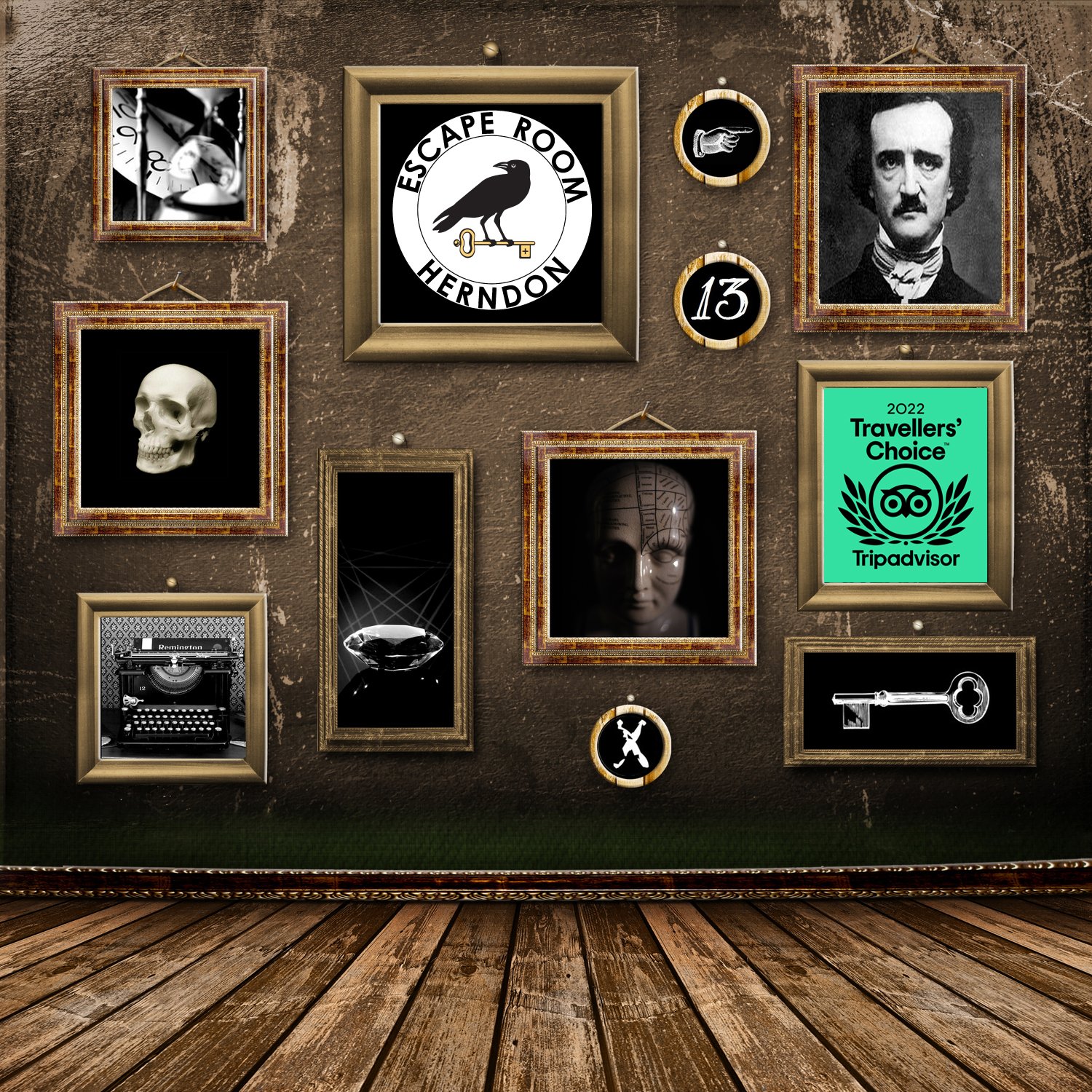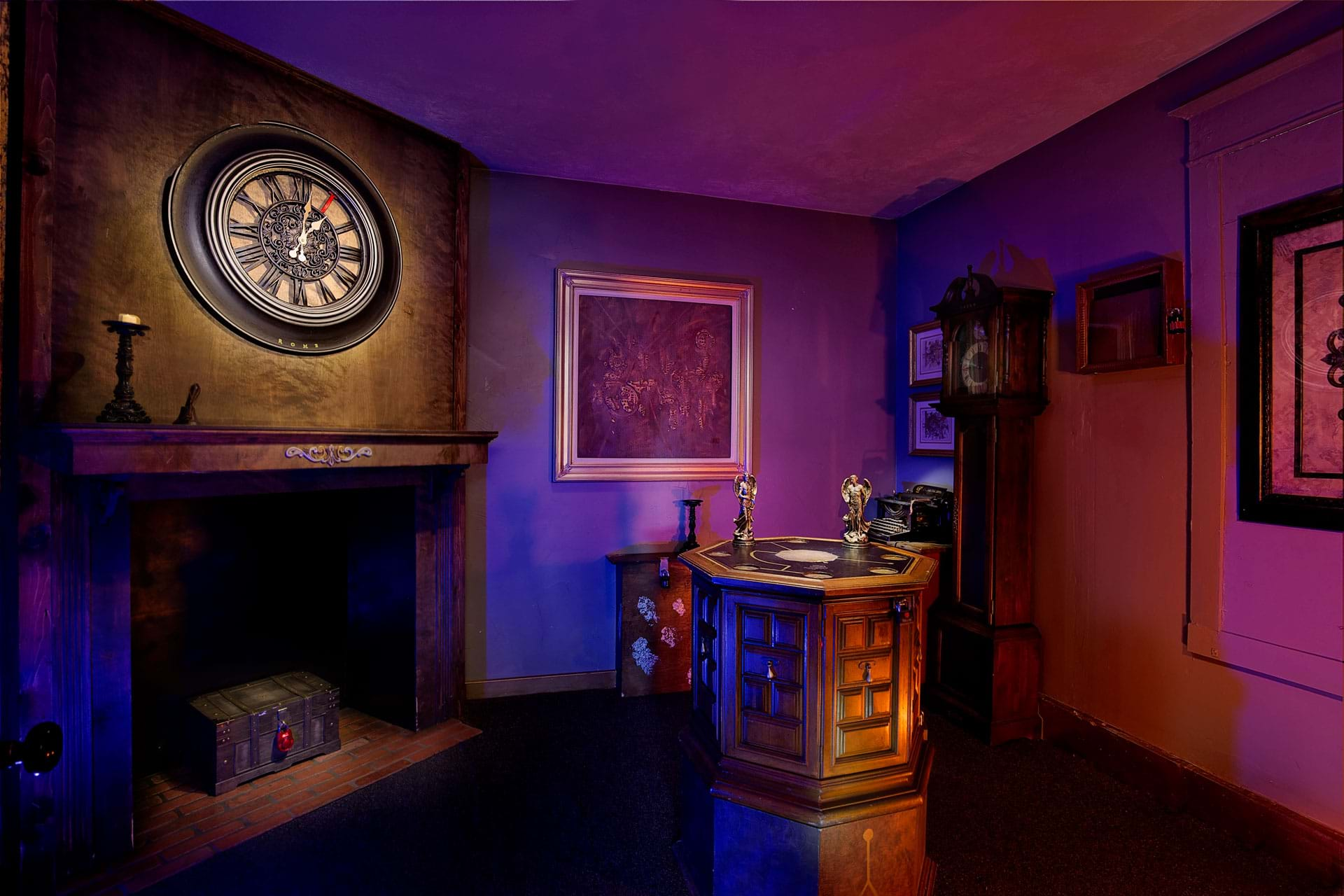Fun and Challenging Escape Room-- Strategy Your Next Adventure
Fun and Challenging Escape Room-- Strategy Your Next Adventure
Blog Article
Group Approaches: Just How to Work together Efficiently in a Getaway Area
Groups have to proactively listen to each participant's insights, designate roles that line up with individual toughness, and maintain routine check-ins to make sure focus and avoid redundancy. By fostering an environment that values communication and adaptability, teams can significantly increase their performance and success rates.
Establish Clear Communication

To assist in clear interaction, it is vital to assign a central factor of get in touch with for info circulation. This function entails summing up findings and suggested strategies to ensure everyone continues to be on the same page. In addition, taking on an organized approach to conversations can prevent chaotic exchanges. For circumstances, quick, focused updates from each staff member can keep the team educated without overwhelming them with details.

Designate Roles Tactically
While clear communication sets the structure for effective synergy, assigning functions strategically guarantees that each staff member's strengths are used successfully. In a retreat room situation, the time-sensitive and complicated nature of challenges necessitates an efficient approach to task delegation. By determining and leveraging specific expertises, groups can optimize their analytical capacities and improve general efficiency.
First, assess the special skills and attributes of each individual. Somebody with a keen eye for detail might stand out in discovering covert items, while a rational thinker can be much better fit to resolving puzzles. It's just as vital to have a leader that can supervise progression, manage the timeline, and make definitive phone calls when needed. This role commonly needs strong organizational and interpersonal skills.
Second, guarantee that roles are flexible and versatile. As brand-new obstacles emerge, the group should be able to pivot, reallocating jobs as needed. This flexibility aids maintain momentum and protects against traffic jams that might happen because of inflexible function assignments.
Inevitably, a critical strategy to duty project not only optimizes the strengths of each group member yet additionally cultivates a cohesive setting, driving the team in the direction of an effective getaway.
Utilize Diverse Skills
Recognizing and using the diverse skills within your group can dramatically raise your performance in a retreat space. Each employee brings unique toughness to the table, and properly leveraging these abilities can expedite analytical and boost general effectiveness. A group member with strong great post to read analytical skills may excel at understanding complicated codes or patterns, while one more with keen observational abilities might promptly detect surprise hints that others might forget.
Encourage group members to articulate their understandings and ideas quickly, making certain that all prospective services are taken into consideration. Furthermore, assigning tasks that straighten with each participant's staminas can avoid bottlenecks and guarantee that development is constant.
Moreover, diversity in skills commonly converts to diversity in thinking styles, which is invaluable in a retreat area setting. While some difficulties may need rational reasoning and precision, others might take advantage of imaginative and association of ideas. By recognizing and leveraging this diversity, groups can address a broader variety of challenges better, thus increasing their possibilities of a successful escape.
Manage Time Effectively

First, allot preliminary minutes for a fast survey of the room. Determine visible challenges and divide tasks based upon group members' toughness, making certain that no redirected here one is idle. Establish internal time checkpoints to assess progress regularly; as an example, purpose to have half the puzzles addressed by the mid-point of the game. This technique can help maintain the team focused and avoid time from sliding away unnoticed.
In addition, stay clear of one-track mind. If a problem is taking also long, turn group members or proceed to one more difficulty, returning later with fresh viewpoints. Communication is paramount-- keep everybody updated on addressed challenges and continuing to be jobs to prevent repetitive initiatives.
Finally, utilize any kind of tips or hints moderately yet tactically - best escape room. Understanding when to request assistance can conserve beneficial time. By adhering to these time management principles, teams can dramatically improve their opportunities of an effective and delightful retreat space experience
Debrief and Show
Representation is a crucial aspect of team advancement and improvement in the context of escape areas. When the challenge is completed, whether efficiently or not, it is essential for the team to engage in a structured debriefing session. This process permits employee to assess their performance, determine toughness, and determine locations for renovation.
Begin the debrief by reviewing what went well. Highlight particular instances of reliable interaction, analytical, and partnership. Identifying these positive actions strengthens them and urges Recommended Reading their rep in future challenges.
Talk about minutes of complication, miscommunication, or inefficient techniques. Encourage an open and positive discussion where group participants can share their perspectives without fear of objection.
Final Thought
In verdict, successful cooperation in a getaway area is based upon clear interaction, tactical role projects, the effective application of diverse abilities, and skilled time monitoring. By creating a natural and adaptive team setting, the possibility of effectively addressing problems and achieving the purpose of getting away the space is dramatically improved.
Report this page